Political rows erupt over Bali Nine deal as prisoners to serve terms in Australia
The Coalition has demanded that Anthony Albanese explain the circumstances behind the deal to transfer the remaining Bali Nine smuggling ring prisoners from Indonesia to Australia.
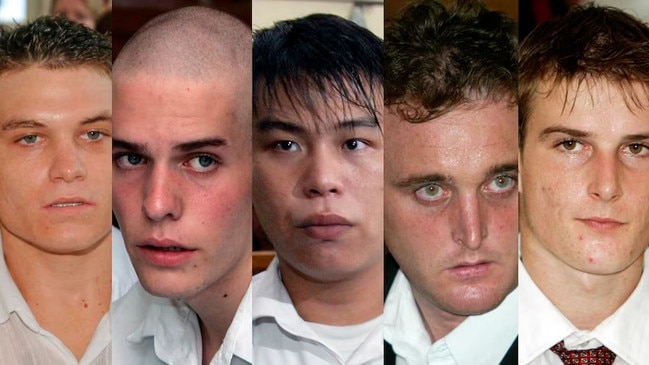
Plans to hand over the last five of the Bali Nine prisoners to Australia threaten a fresh political split in Indonesia, as Labor says the convicted drug traffickers will not be automatically set free when they return home.
Opposition legal affairs spokeswoman Michaelia Cash declined to say whether she thought the five Australians should continue to be imprisoned in Bali but she said the Prime Minister “doesn’t have a great track record” on criminals and drug offences were “some of the worst offences our society sees”.
An Indonesian government minister said the country had received a request for the transfer of the prisoners from Anthony Albanese at the APEC meeting in Peru, with that “expected to be carried out in December”.
Since the announcement late last week, the prospect of a prisoner transfer has raised some eyebrows inside Indonesia.
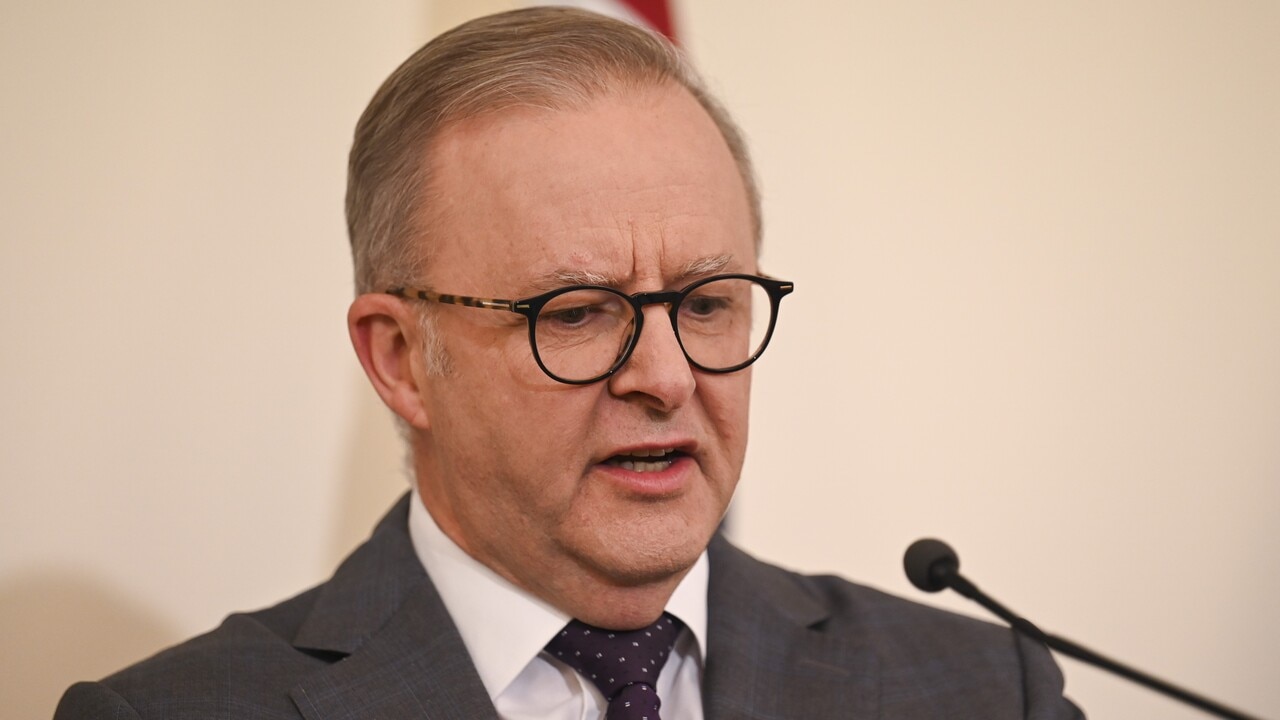
Bali MP Nyoman Patra on Sunday urged Indonesian President Prabowo Subianto to uphold the country’s laws on foreign nationals convicted of drug trafficking.
“Don’t let this country look weak by ignoring existing laws on the grounds of international co-operation,” he said in a parliamentary statement last week.
Dave Akbarshah Laksono, an MP with the ruling coalition and deputy chairman of the parliamentary committee for foreign affairs and defence, defended the decision.
“In the world of diplomacy, compromise and reciprocity are common,” he told The Australian.
“These occur in various fields.
“Regarding criminal case detainees, there are certainly special considerations that have been taken into account in making such decisions.”
Cabinet minister Don Farrell on Sunday said the five Australians – Matthew Norman, Martin Stephens, Si Yi Chen, Scott Rush, and Michael Czugaj – were likely not going to be released into the community.
“The proposal isn’t, as I understand it, to release these people,” Senator Farrell told Sky News.
“They would continue to serve their sentence, except they’re serving them in Australia.”
The Australians were arrested and convicted for life for attempting to smuggle 8.3kg of heroin out of Bali in 2005.
Ringleaders Andrew Chan and Myuran Sukumaran were sentenced to death and executed, Tan Duc Thanh Nguyen died of stomach cancer, and Renae Lawrence was released in 2018 after serving 13 years and deported to Australia.
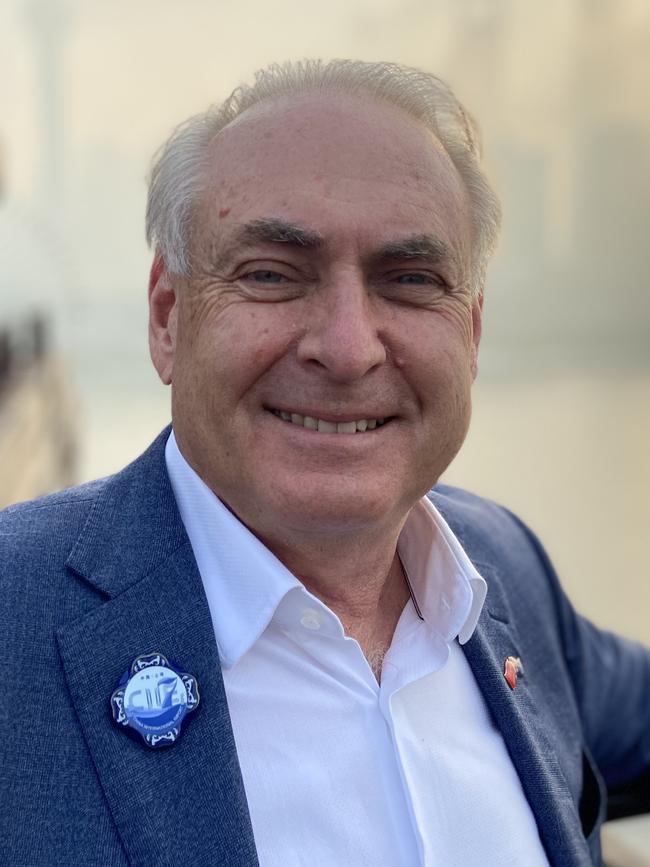
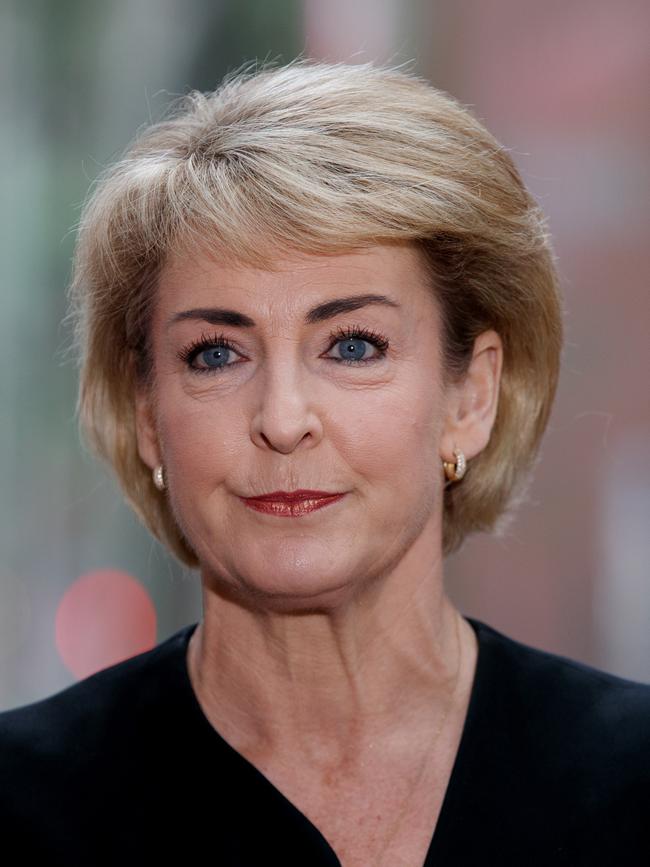
Senator Cash questioned the transfer and noted that travellers were reminded “as you are flying in, Indonesia has the death penalty for drugs”.
“What is the deal?” Senator Cash asked on Sky News. “What has (Mr Albanese) extracted in relation to the deal?
“What is Australia giving up in relation to the deal? How much is it going to cost the Australian taxpayer?
“Will they continue to serve their prison sentences because they have been sentenced to life imprisonment in Indonesia? Will they continue to serve them out in Australia? And if not, why not?”
Cabinet minister Murray Watt said these were “pretty strange remarks”.
“I did see the comments from Michaelia Cash, the shadow Attorney-General, who made some pretty strange remarks, I thought, from someone who aspires to be the Attorney-General of the country,” he said.
“It’s up to Michaelia Cash and Peter Dutton to explain their position on the Bali Nine.
“From the Australian government’s perspective, we will always advocate for Australians who get into trouble overseas, whoever they might be.”
Since the announcement late last week, the prospect of a prisoner transfer has raised some eyebrows inside Indonesia, with Bali MP Nyoman Patra urging the government to uphold the country’s laws on foreign nationals convicted of drug trafficking.
“Don’t let this country look weak by ignoring existing laws on the grounds of international co-operation,” he said in a parliamentary statement last week.
Dave Akbarshah Laksono, an MP with the ruling coalition and deputy chairman of the parliamentary committee for foreign affairs and defence, defended the decision.
“In the world of diplomacy, compromise and reciprocity are common,” he told The Australian.
“These occur in various fields.
“Regarding criminal case detainees, there are certainly special considerations that have been taken into account in making such decisions.”

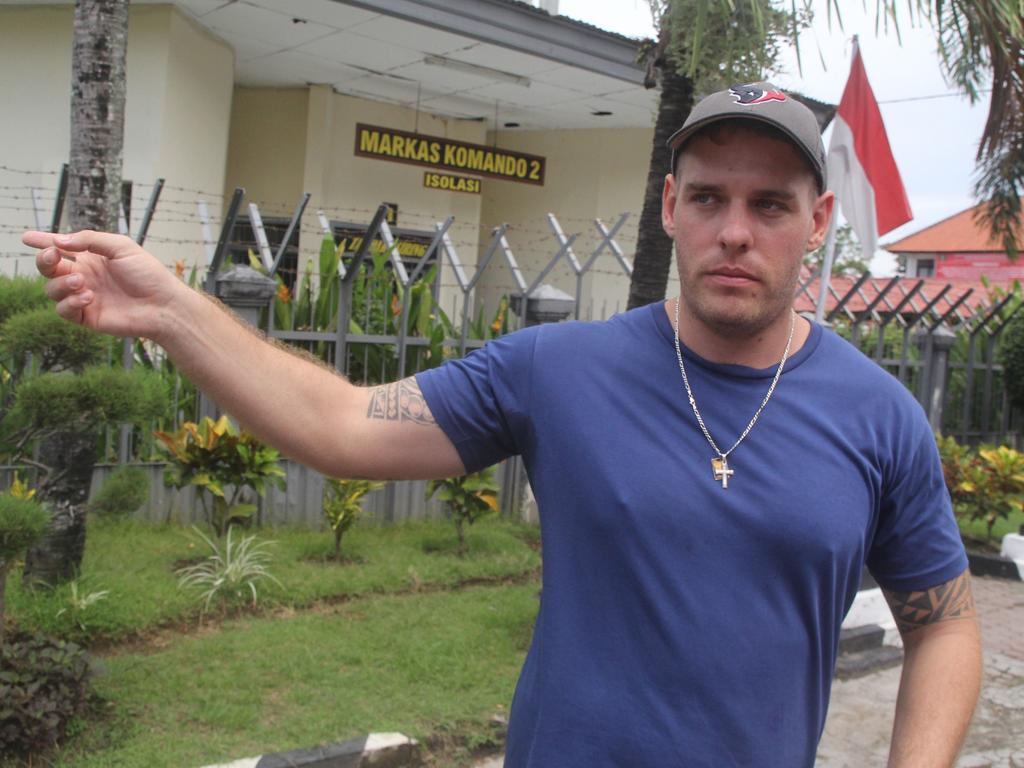
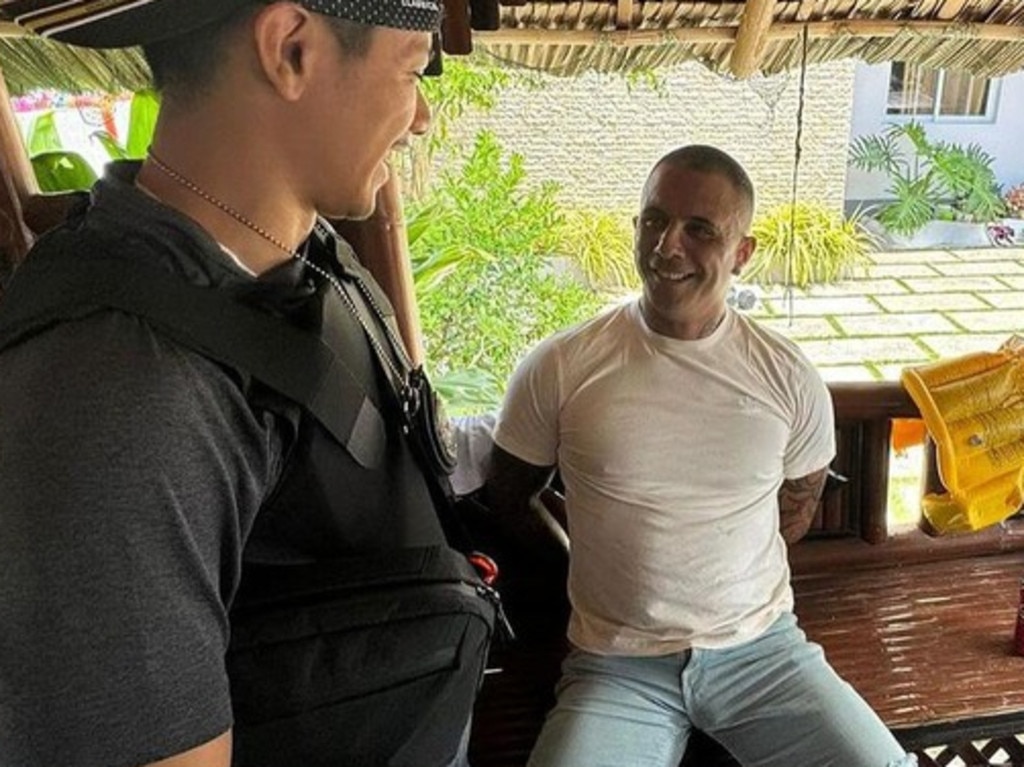
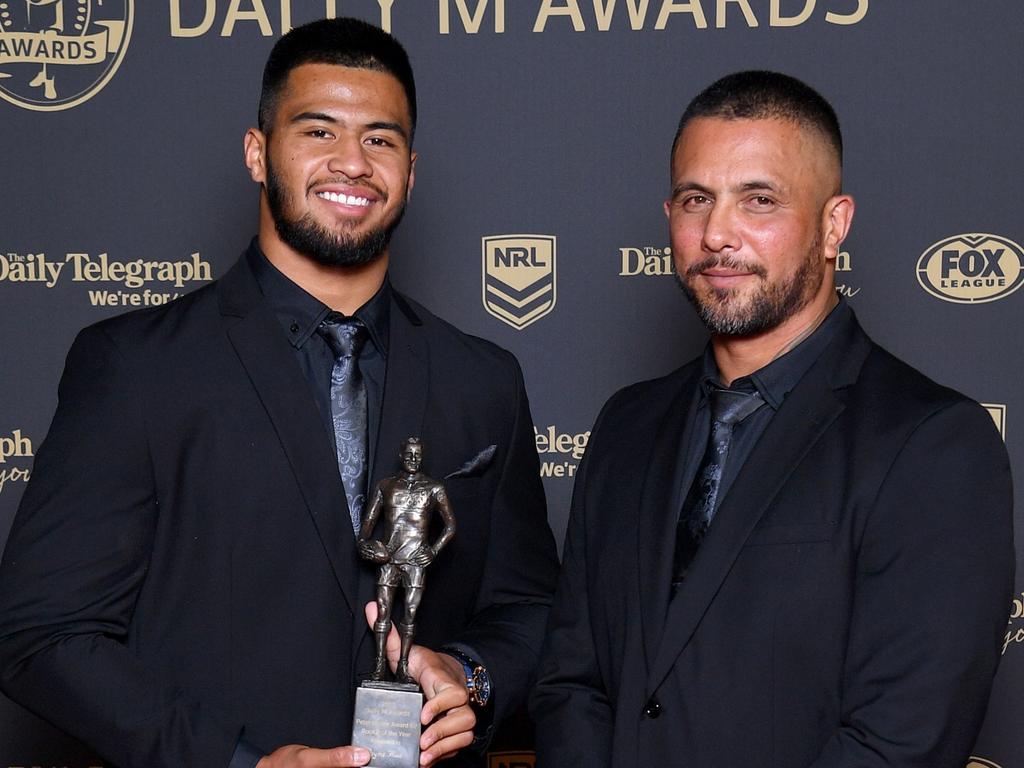


To join the conversation, please log in. Don't have an account? Register
Join the conversation, you are commenting as Logout